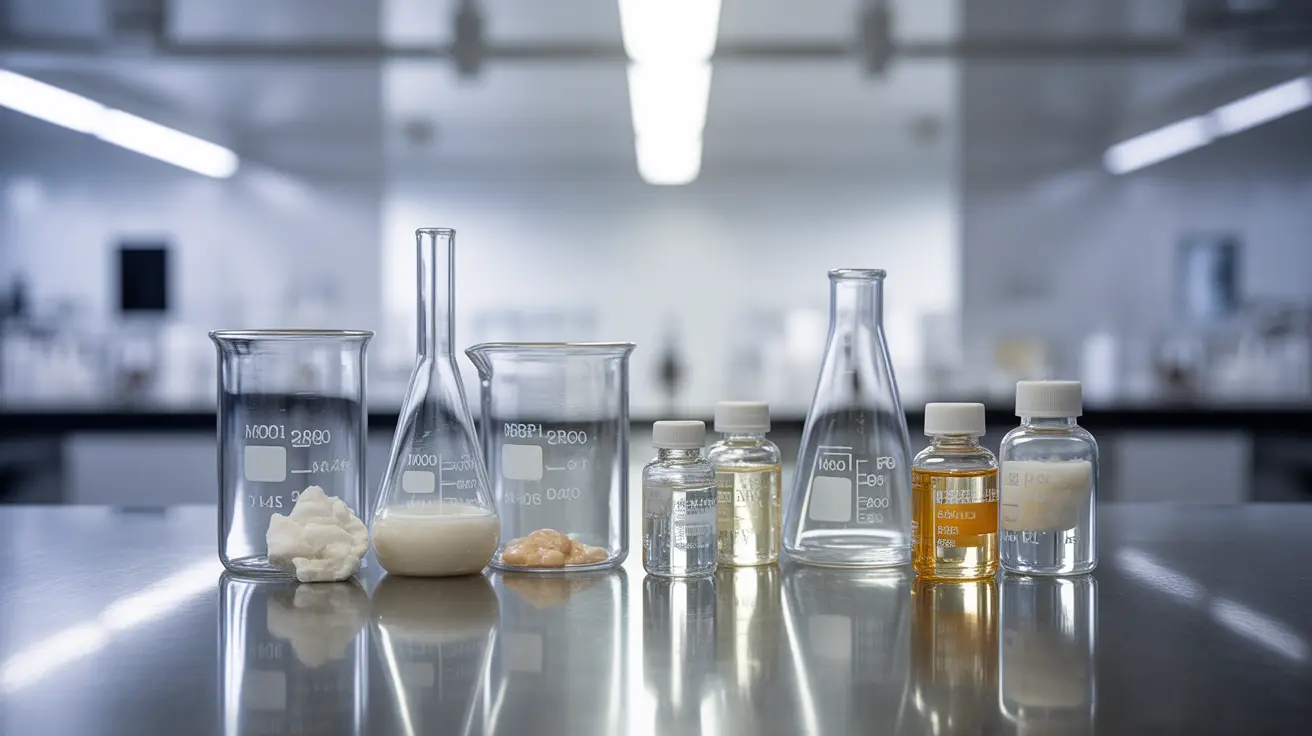GetLabTest News
Symptom Analysis
Interpreting Test Results
Diseases & Symptoms
Health Queries Answered
All
Latest
How to Be a Better Person and Be Happy: A Complete Guide to Personal Growth
Explore essential strategies on how to be a better person and be happy through mindfulness, empathy, and personal growth techniques.

Discover if you can mix sunscreens safely and effectively. Learn the risks and best practices for sun protection.
Health Queries Answered
min read

Discover how Ozempic for cardiovascular disease offers heart health protection and reduces risks for diabetic patients. Key benefits explained.
Diseases & Symptoms
min read

Discover the health benefits and nutritional value of onions. Learn how onion nutrition can enhance your meals and well-being.
Diseases & Symptoms
min read

Explore the causes, symptoms, and treatment options for alcoholic nose (rhinophyma) to manage this condition effectively and reduce stigma.
Diseases & Symptoms
min read
